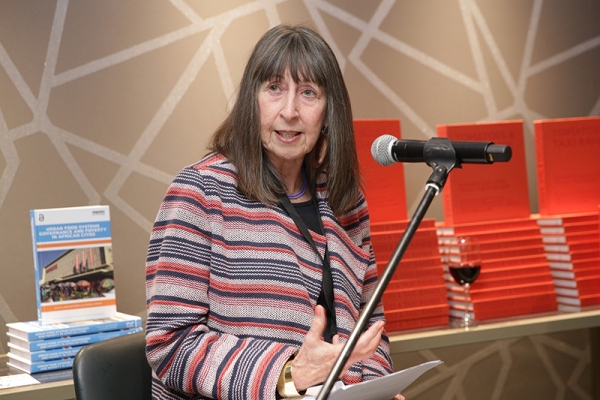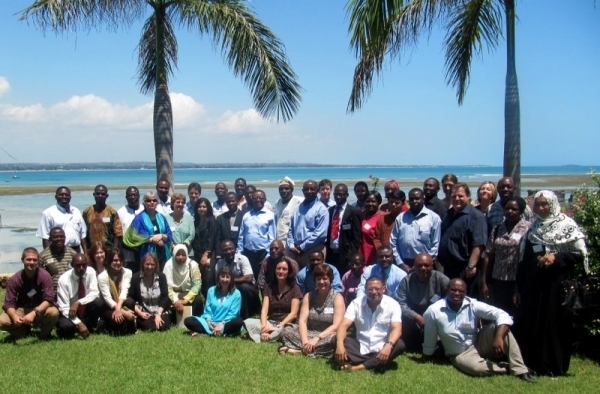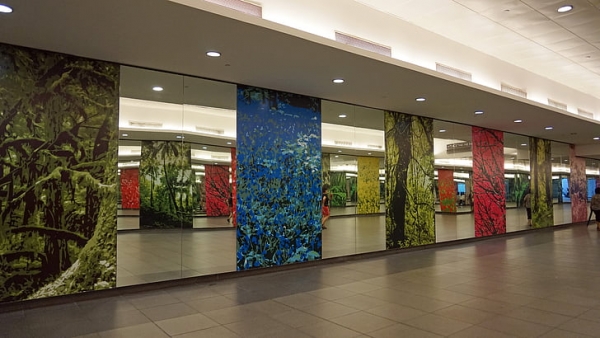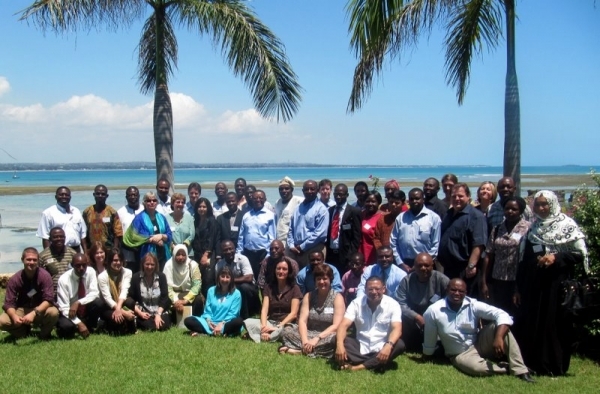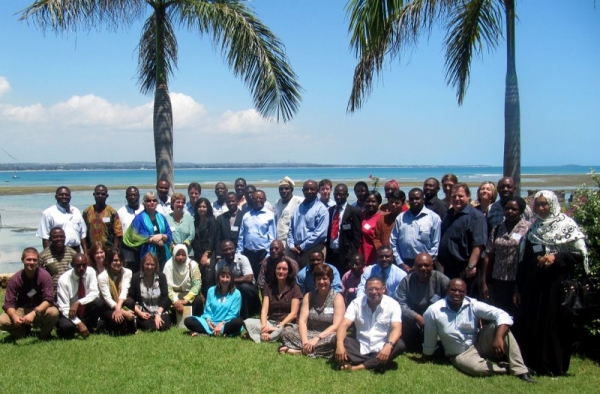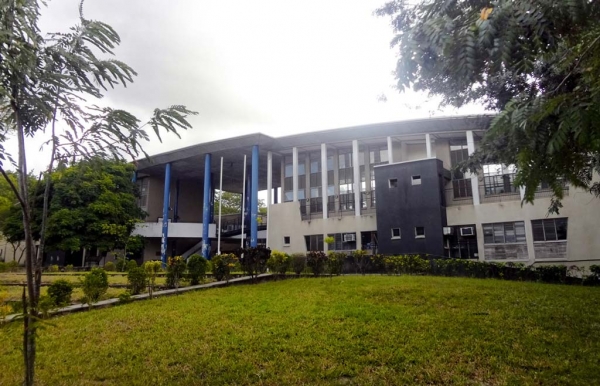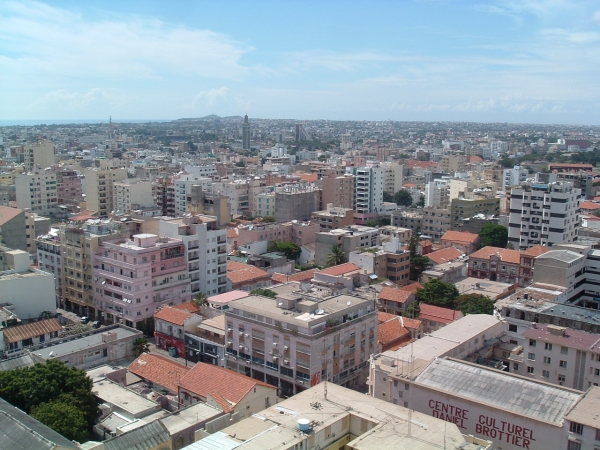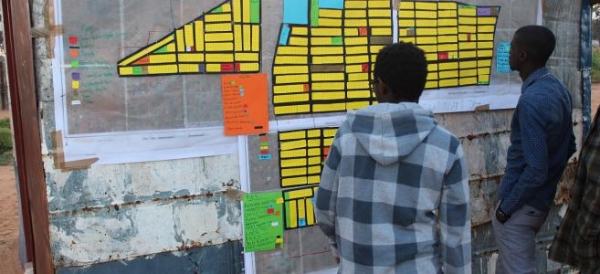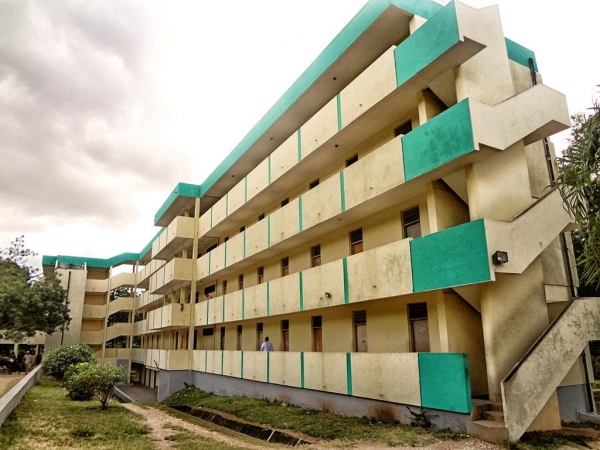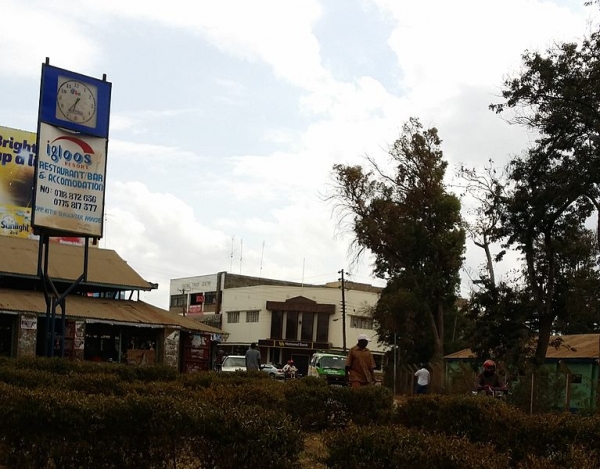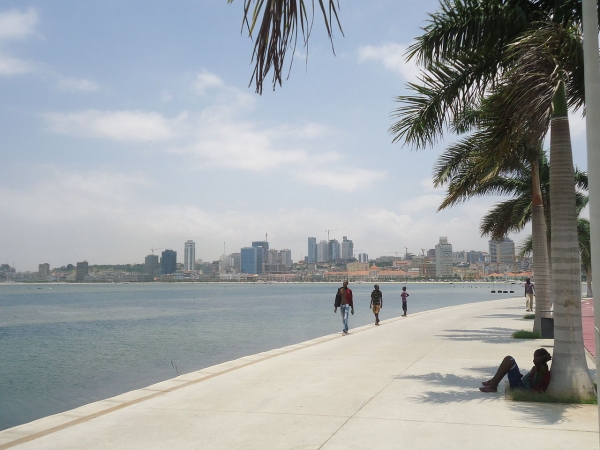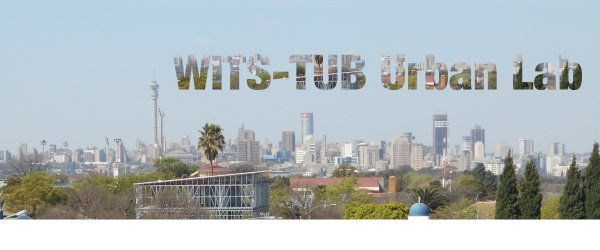AAPS Project Coordinator Dr Nancy Odendaal travelled to Durban (South Africa) recently to give input to a Women in Informal Employent: Gloablizing and Organizing (WIEGO) workshop on occupational health and safety and informal work.
Given that many of those working in the informal economy do so primarily in the public realm, it follows that urban planners have an important role to play in this regard. Urban infrastructure and the legislative environment that frames this interface could either be enabling or restrictive. The point remains that the informal economy provides critical livelihoods for the majority of urban dwellers in African cities.
The workshop included a visit to the well-known Warwick Junction, a transport hub with many informal trading activities that accommodates over 400 000 commuters daily. In considering how urban planners could equip themselves with the necessary skills and knowledge to enable inclusive cities that enable such livelihoods. Discussion centered on how planning curricula can incorporate training that could make spaces such as Warwick function optimally for the commuter and the urban poor.
See photographs from the workshop below:

